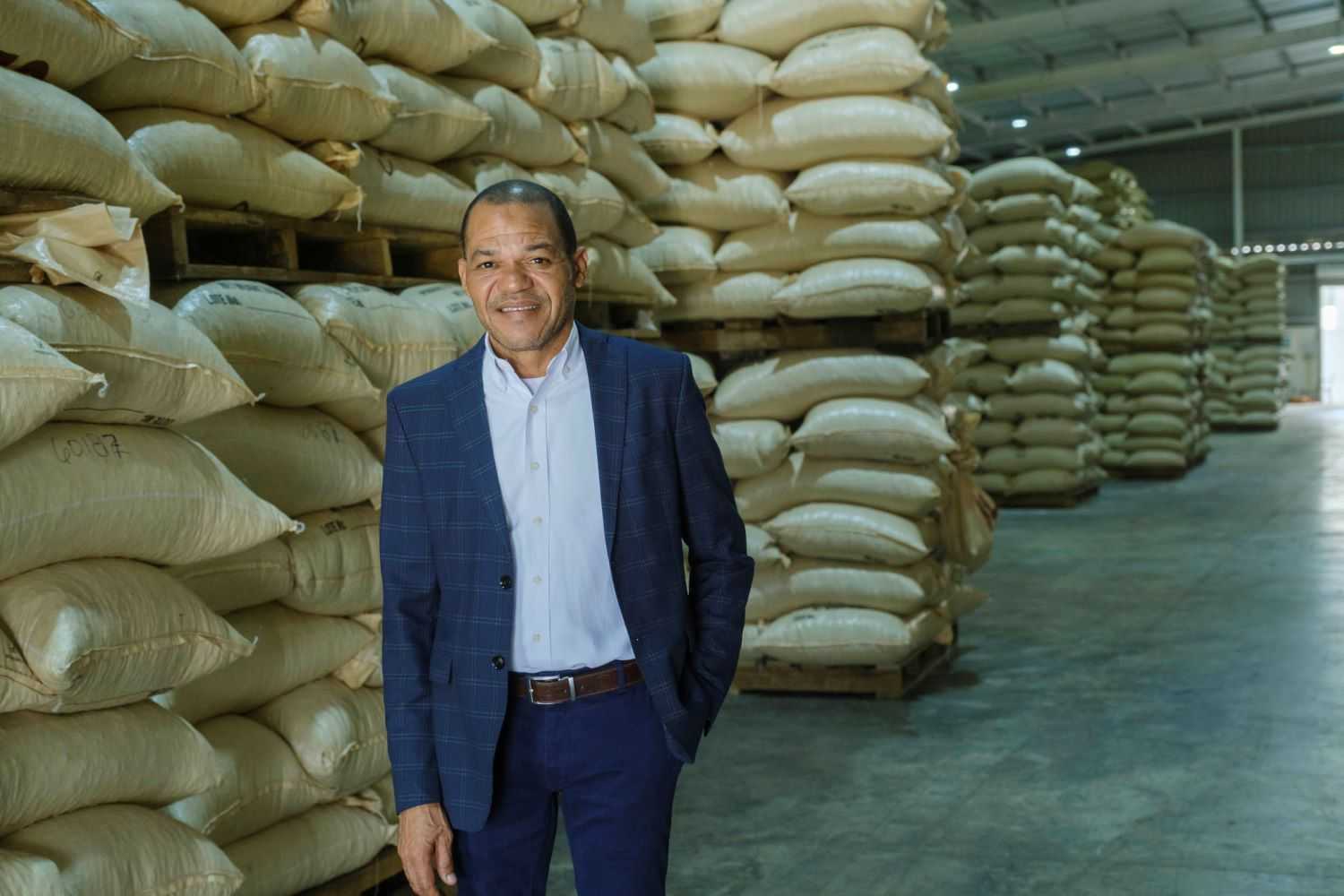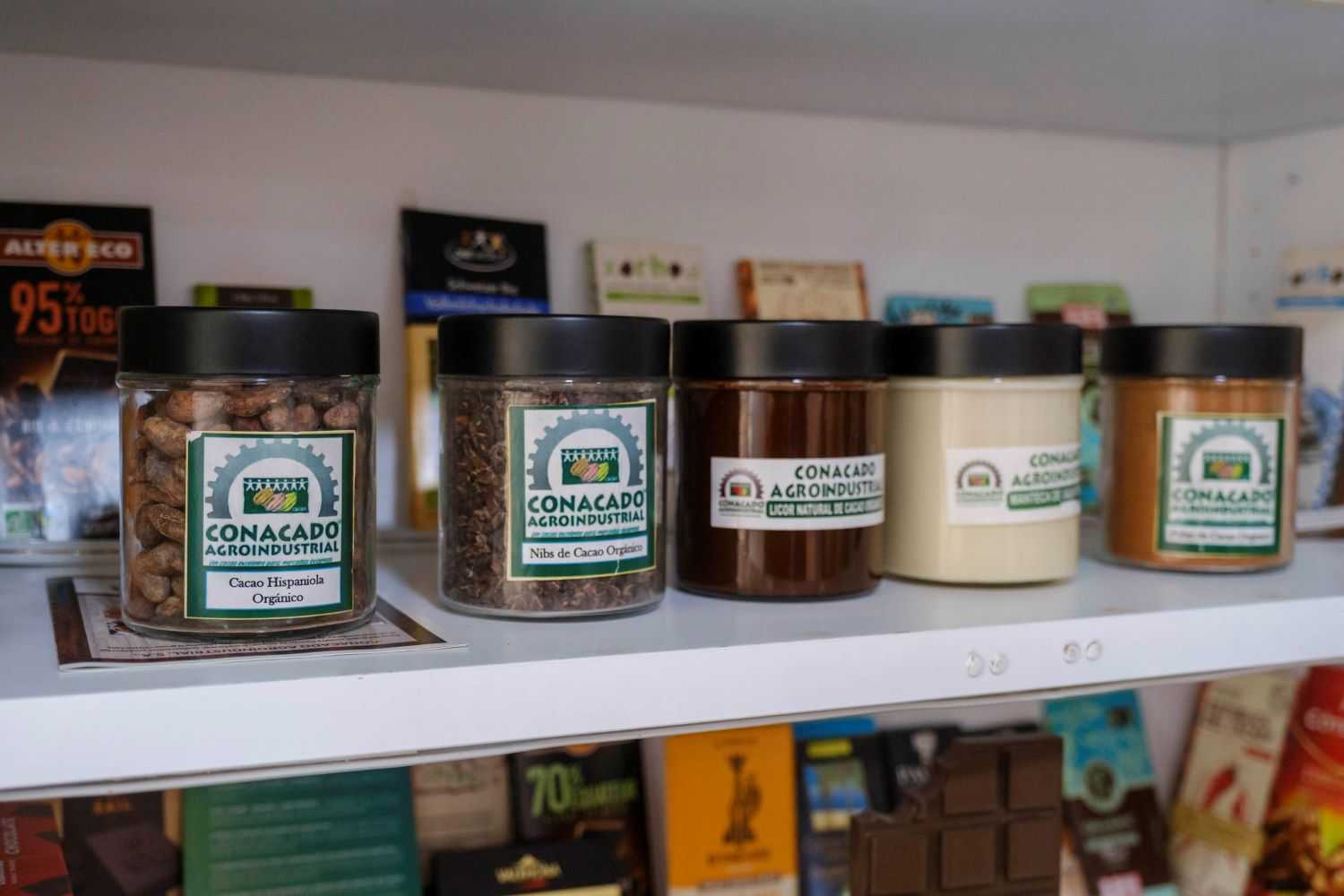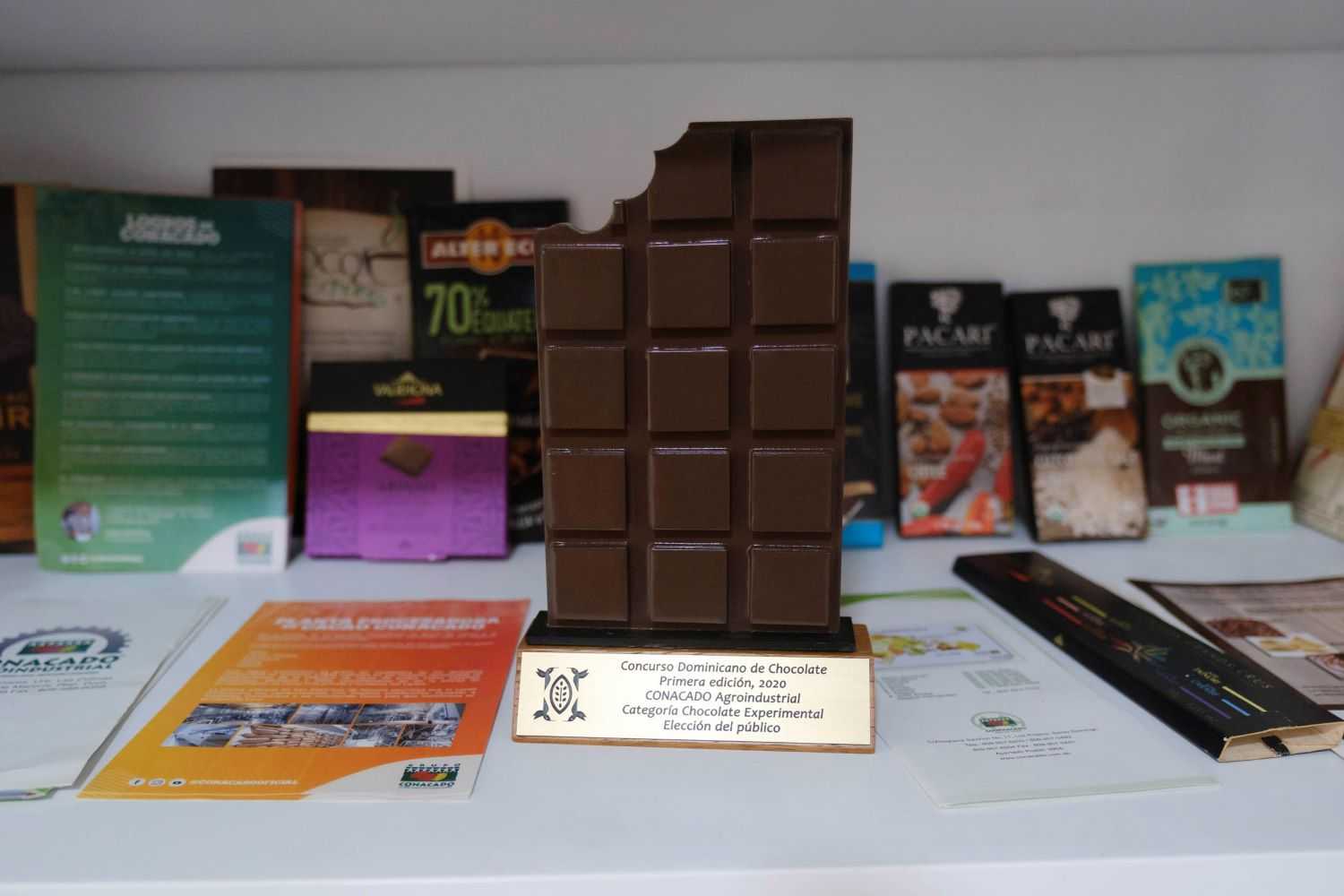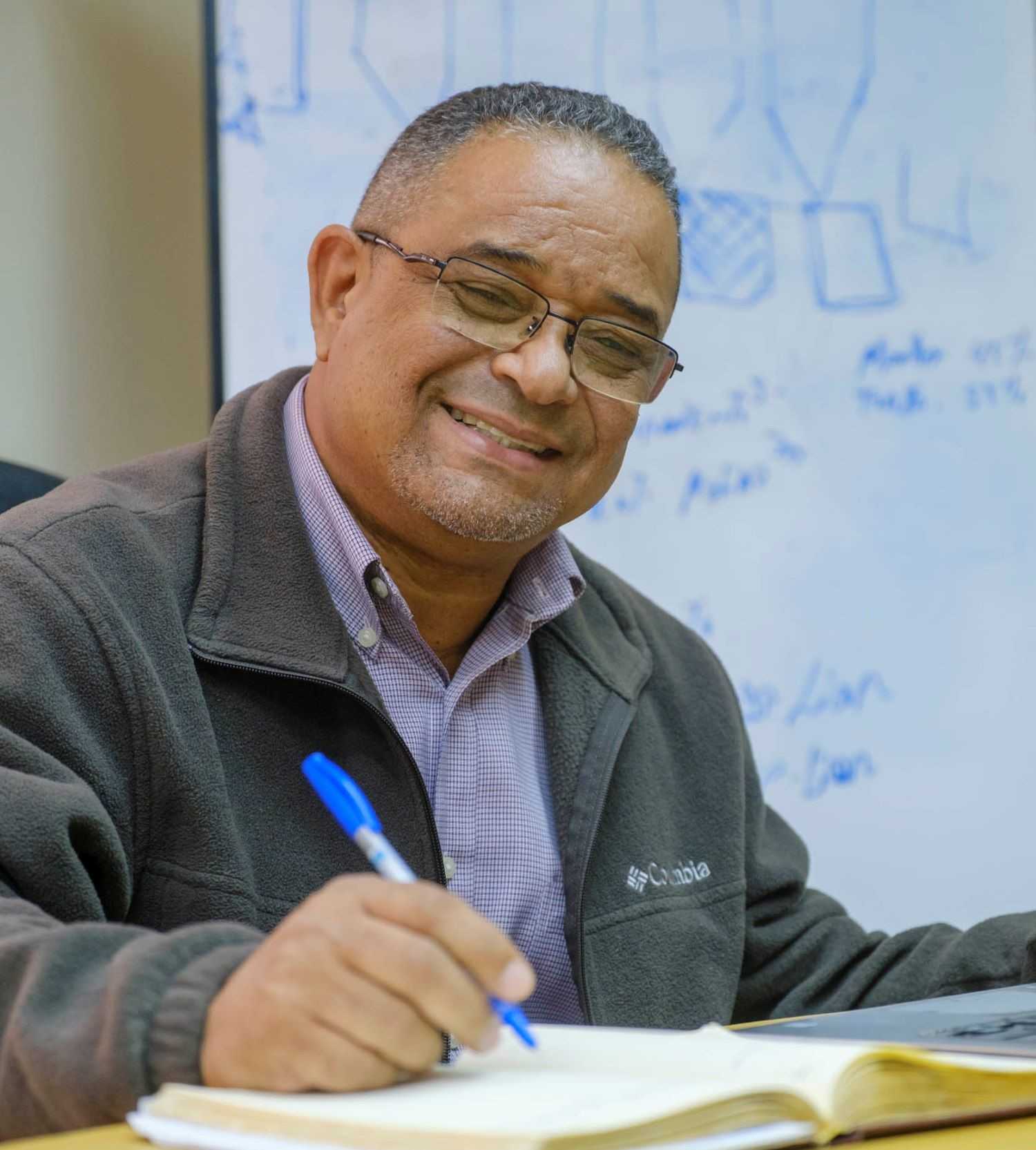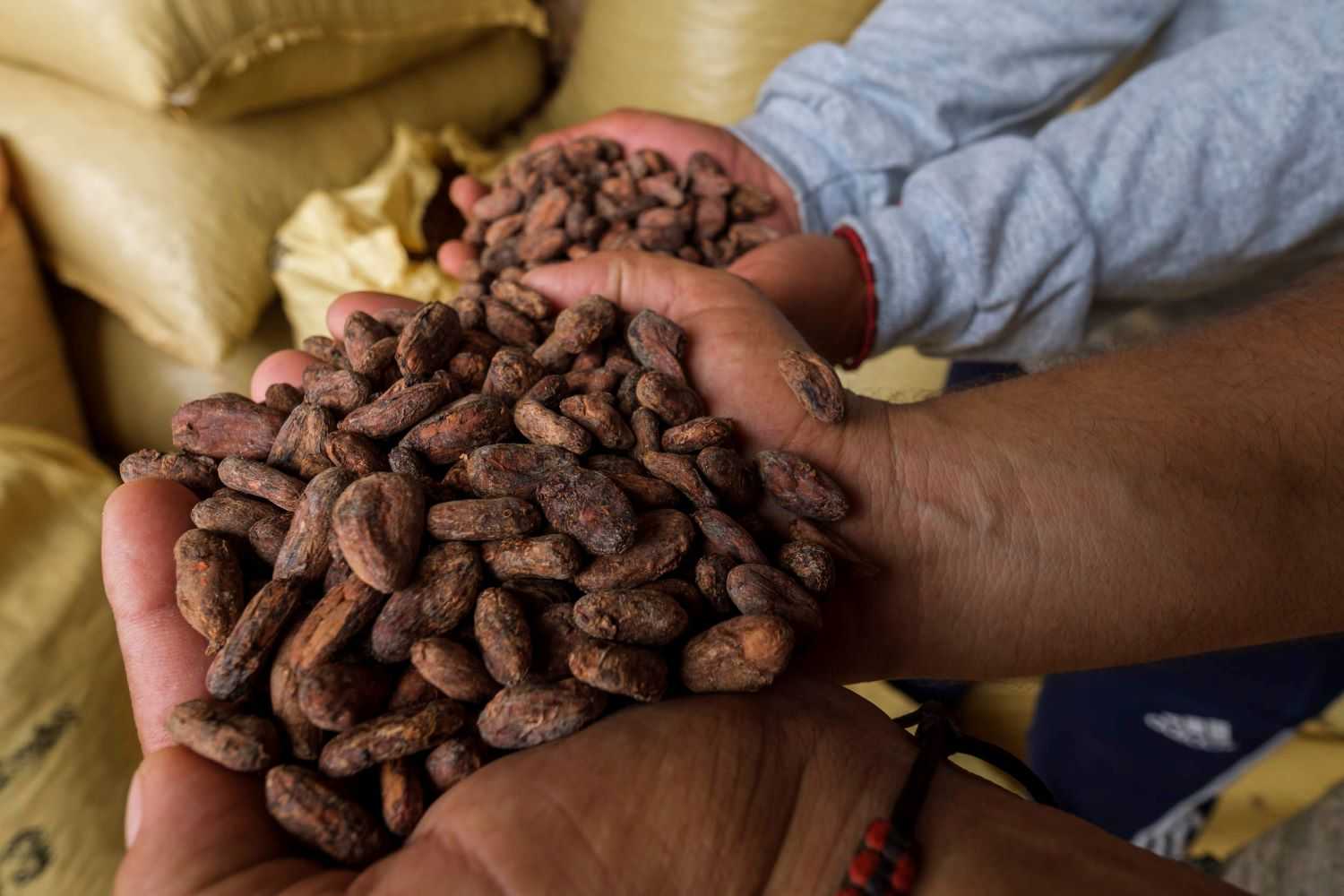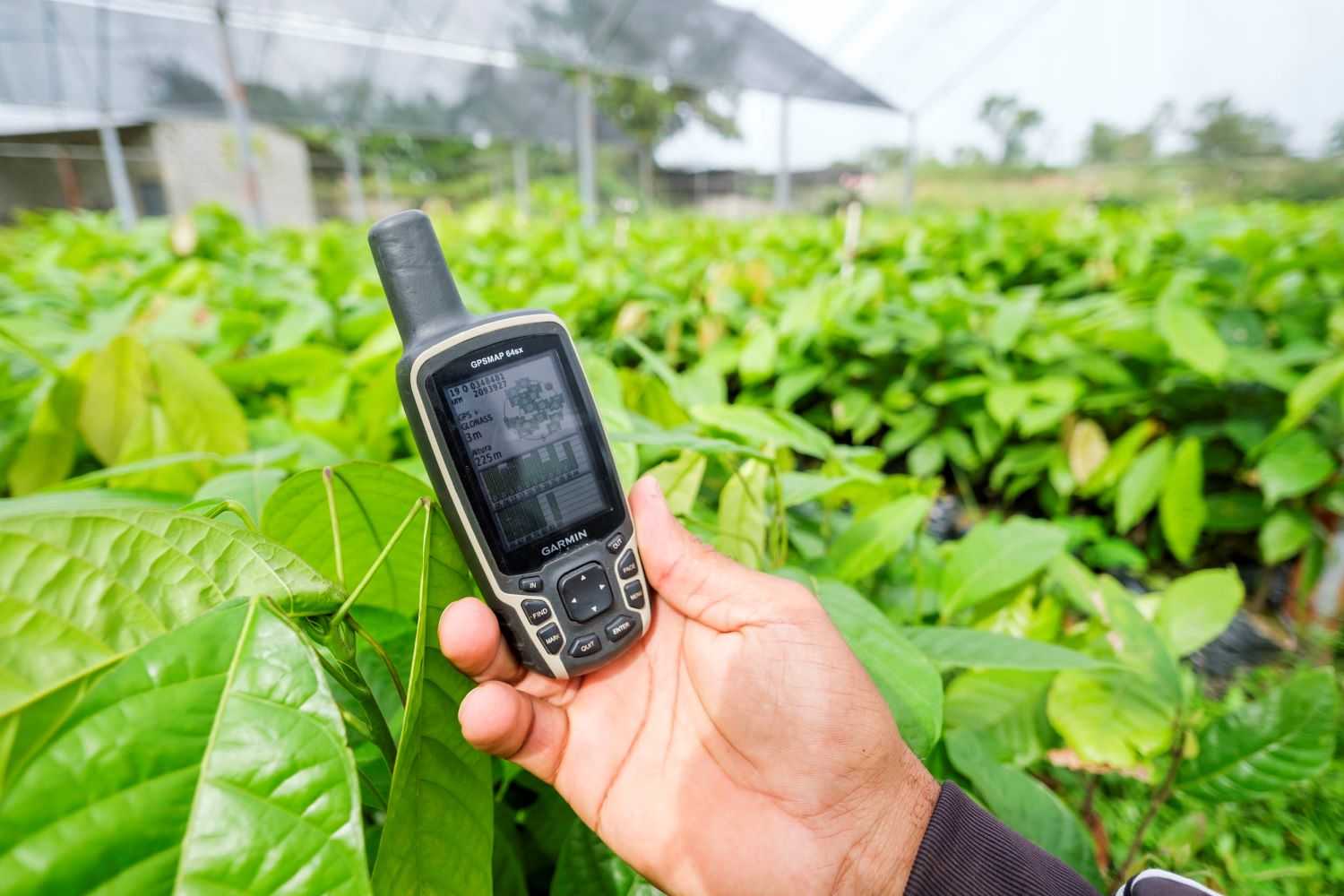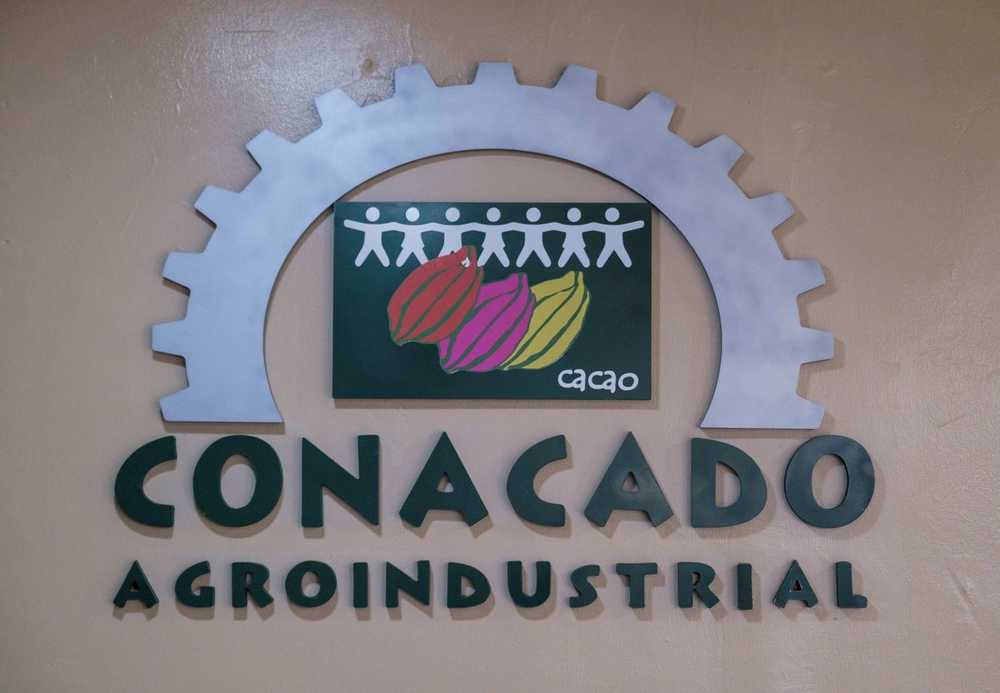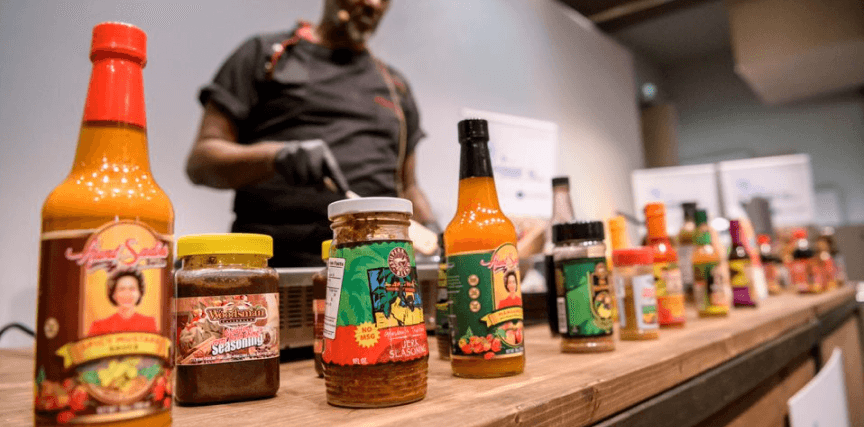Originally from the Amazon jungle area, cocoa was introduced in the Dominican Republic by Spanish colonizers at the end of the 16th century, reaching our days as a crop of transcendental importance, not only in economic terms, but also as part of the Dominican gastronomic culture.
Although it is true that by the middle of the 19th century the Dominican Republic was already exporting a significant amount of cocoa, it was not until the 1990s that its production took a qualitative leap that has placed the country as one of the main global exporters of organic cocoa, with 60% of the world’s export volume.
Pioneers in organic cocoa exports
The National Confederation of Dominican Cocoa Growers (CONACADO) has been a key factor in the development of the production of this important sector of our economy. It is an entity that emerged in the mid-1980s in the context of an international project promoted by the German Technical Cooperation Agency (GTZ), aimed at achieving better post-harvest management of Dominican cocoa, adding value to the production chain, particularly aroma and flavor conditions that would allow it to be placed in international markets in better conditions to compete.
According to Abel Fernandez, commercial manager of CONACADO, the success of this association lies in having structured a cooperative model that “provided the producer groups with logistical and financial capabilities so that they could among themselves, as a group, buy the production, the volumes they had already improved, and eventually be able to exhibit commercial volumes, because cocoa, after all, is a commodity, and in order to access the market you must ensure that you are a consistent supplier in terms of volume and quality”.
Pioneers in organic exports, CONACADO has the merit of having opened the doors of the European market to Dominican cocoa. It currently has a membership of more than 9 thousand cocoa farmers and 49.8% of the national production of organic cocoa.
New challenges for producers
As cocoa production techniques have evolved, so has the international market. New international standards and regulations have posed an enormous challenge for local producers.
One of these regulations has been the new European Union regulation on “Imported Deforestation”, which means that in the medium term, products from farms that have been cleared after 2020, especially cocoa and coffee, will not be allowed to enter Europe.
This regulation entails tough requirements for producers in terms of traceability and monitoring of deforestation. “Those who cannot guarantee that their exportable supply comes from sources that have not affected the environment will not be able to export to the European Union,” says Abel Fernandez.
Caribbean Export’s helping hand
Although CONACADO’s relationship with Caribbean Export dates back to the beginning of this century, it is in recent years that it has become closer.
Fernandez says that “we have always worked a lot with international agencies; we have served as a laboratory, as a school for many initiatives and project proposals. Caribbean Export has always taken us into account when new project proposals appear, when opportunities open up.
“In the framework of cooperation with Caribbean Export, we have received a lot of support on issues that help us to improve, to get up to date in aspects related to international trade and compliance with new regulations and legislation that are coming out all the time in the European Union,” said Fernandez.
In October of last year, CONACADO, together with Caribbean Export, participated in the Salon du Chocolat Paris 2022, an event that gave the entire value chain the opportunity to establish new relationships and renew contacts with existing customers, while promoting the organization and its offer to the European market.
A similar experience took place in February of this year, during participation in the BIOFACH International Organic Products Fair in Germany.
As part of the actions to support the Haiti-DR binational Cocoa/Chocolate value chain, which are being carried out with funds from the 11th Annual Haiti-DR Cocoa/Chocolate Summit, the Haiti-RD Cocoa/Chocolate Value Chain is being supported with funds from the 11th Annual Haiti-DR Cocoa/Chocolate Summit. European Development Fund (EDF), within the framework of the trade and private sector support component of the Haiti-Dominican Republic Binational Program, Caribbean Export has supported the producers of CONACADO with a project that provides equipment and georeferencing training that allows the European Union to monitor cocoa farms by satellite to certify that their production model does not affect the environment.
“Thanks to the timely cooperation of Caribbean Export, we can say that we are one of the few organizations in the world that are taking important steps forward to be prepared for the changes imposed by the new times,” concludes CONACADO’s commercial manager.
According to Jaime Gómez, technical director of CONACADO, the georeferencing project provided by Caribbean Export has impacted 459 farms, representing 38,500 georeferenced tareas of land, in the provinces of Monseñor Nouel and Monte Plata. “In Bonao the georeferencing has been complete, impacting more than 200 producers. In Monte Plata we missed some farms. This motivated us to continue georeferencing the remaining farms on our own, until we reach our goal of 100%, which is the requirement of the European Union’s clients,” explained Gómez.
